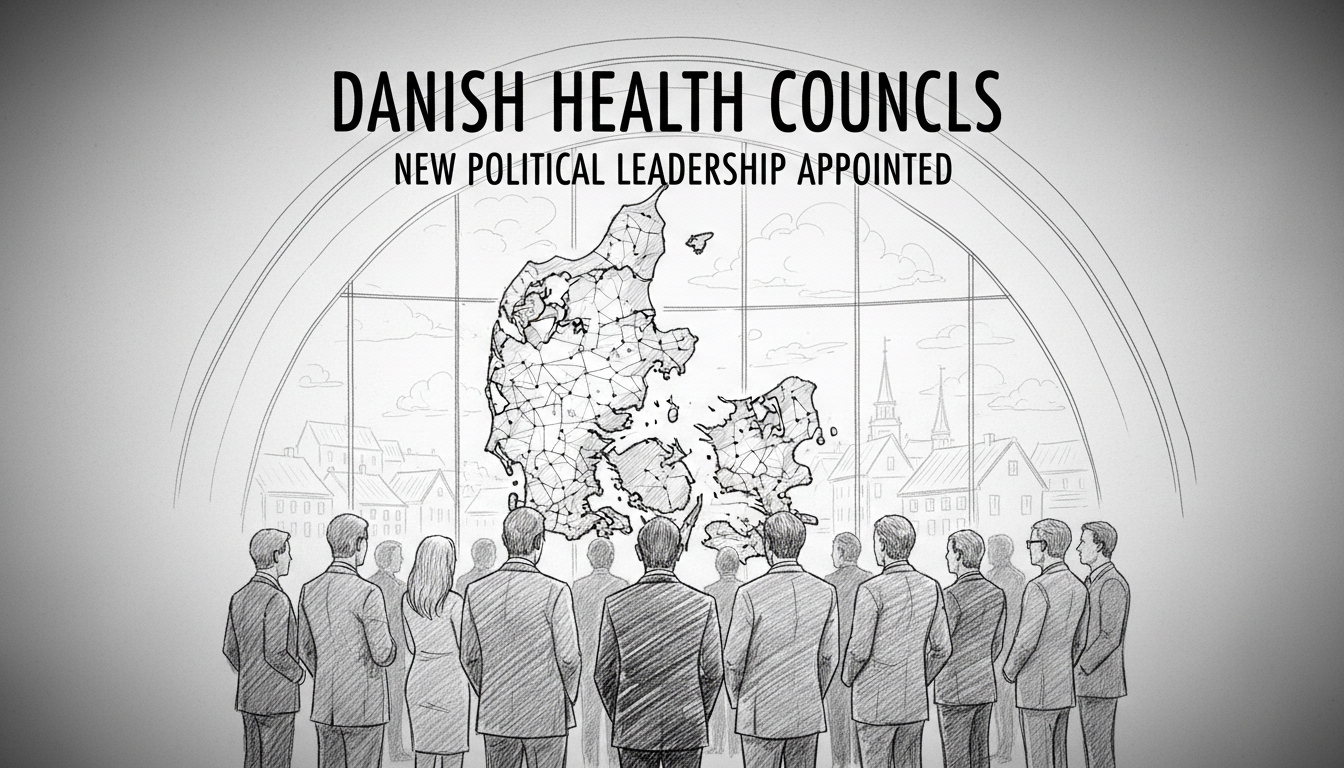Denmark has established 17 new health councils as part of its major healthcare reform. These councils aim to create better coordination between regional and municipal health services. Political representatives from both municipal and regional levels will serve on these bodies. Regional politicians hold the majority positions. They also provide all the council chairs.
The council leadership positions were distributed among political parties on Wednesday. The appointments reflect the balance of power in Denmark's newly elected regional councils. This distribution shows which parties gained influence in the country's healthcare governance.
In Southern Denmark, specific individuals have been named to leadership roles. The other three regions have only revealed which parties secured the chair positions. This staggered announcement process reflects different regional approaches to transparency.
Conservative politicians will lead councils in Aarhus, Limfjorden, Lillebælt, and Nordsjælland. Denmark Democrats take charge in Kronjylland. Liberal Alliance secured the Midt region chair. Danish People's Party will lead in Vestjylland and Sønderjylland. Venstre politicians chair councils in Vendsyssel, Københavns Omegn Nord, and Midt- og Vestsjælland.
Socialist People's Party's Annette Blynel leads the Fyn council. Social Democrats chair Sydvestjylland and Østsjælland og Øerne. The Red-Green Alliance takes Amager og Vestegnen. The Social Liberal Party leads the Hovedstaden council.
This political distribution matters because Denmark's healthcare reform represents one of the largest reorganizations in recent years. The council chairs will influence how 17 billion Danish kroner in annual healthcare spending gets allocated. Their decisions will affect hospital services, primary care coordination, and patient access across Denmark's regions.
International observers should note that Denmark's regional governance model differs from many other countries. The strong regional level in healthcare contrasts with more centralized systems in other Nordic nations. These new councils must balance local needs with national health priorities.
The real test comes next. These political appointees must now deliver practical improvements in healthcare coordination. Patients and healthcare professionals will judge success by whether services actually improve. The council chairs face the challenge of turning political positions into better health outcomes.

